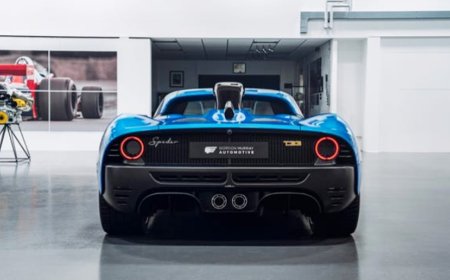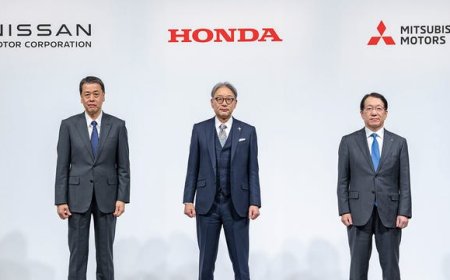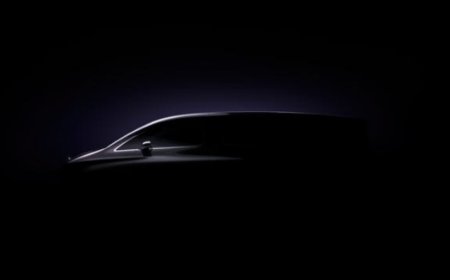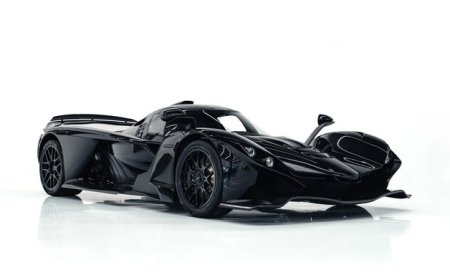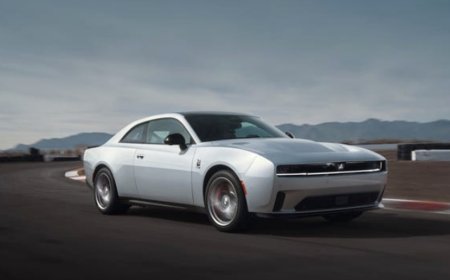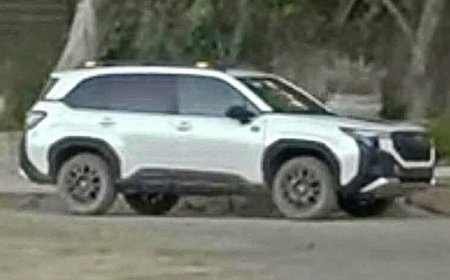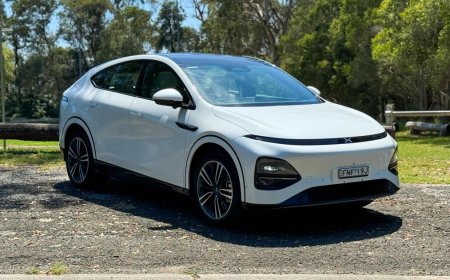Biden admin finalizes ban on Chinese cars
New rules will block Chinese-made software and hardware from entering the U.S. market, citing threats to national security.
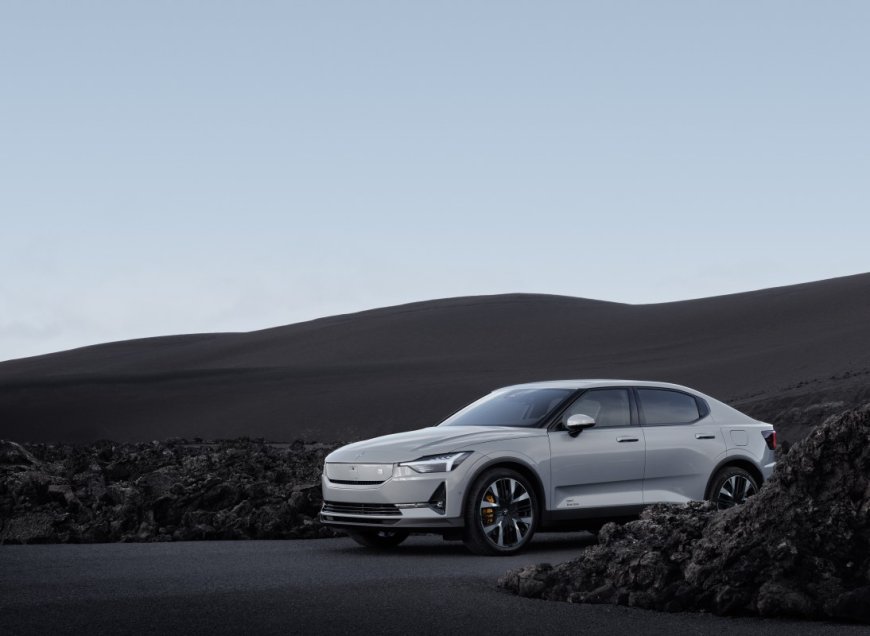
The Biden administration has finalized regulations that effectively ban Chinese vehicles from the U.S. market, The Verge reported. Citing national security risks, the rules prohibit the sale or import of connected vehicle software and hardware originating from “countries of concern,” primarily China and Russia. This decision, set to take effect for 2027 and 2029 model-year vehicles, aims to protect U.S. citizens’ data from foreign adversaries but could reshape the automotive industry.
The rule targets technologies that enable vehicles to connect to external networks, such as Bluetooth, Wi-Fi, GPS, and satellite systems. Commerce Secretary Gina Raimondo emphasized the urgency of this step, stating, “Cars today have cameras, microphones, GPS tracking, and other technologies connected to the internet. It doesn’t take much imagination to understand how a foreign adversary with access to this information could pose a serious risk.”
Related: How electric cars are falling behind the pack
Industry pushback and potential disruptions
The announcement has sparked concern among automakers. Polestar, an electric vehicle (EV) manufacturer owned by China-based Geely, warned that the rule could prevent it from selling cars in the U.S., including those built at its South Carolina factory. Waymo, Alphabet’s self-driving subsidiary, could also be impacted, as it plans to use vehicles manufactured by Geely for its future autonomous fleet. Waymo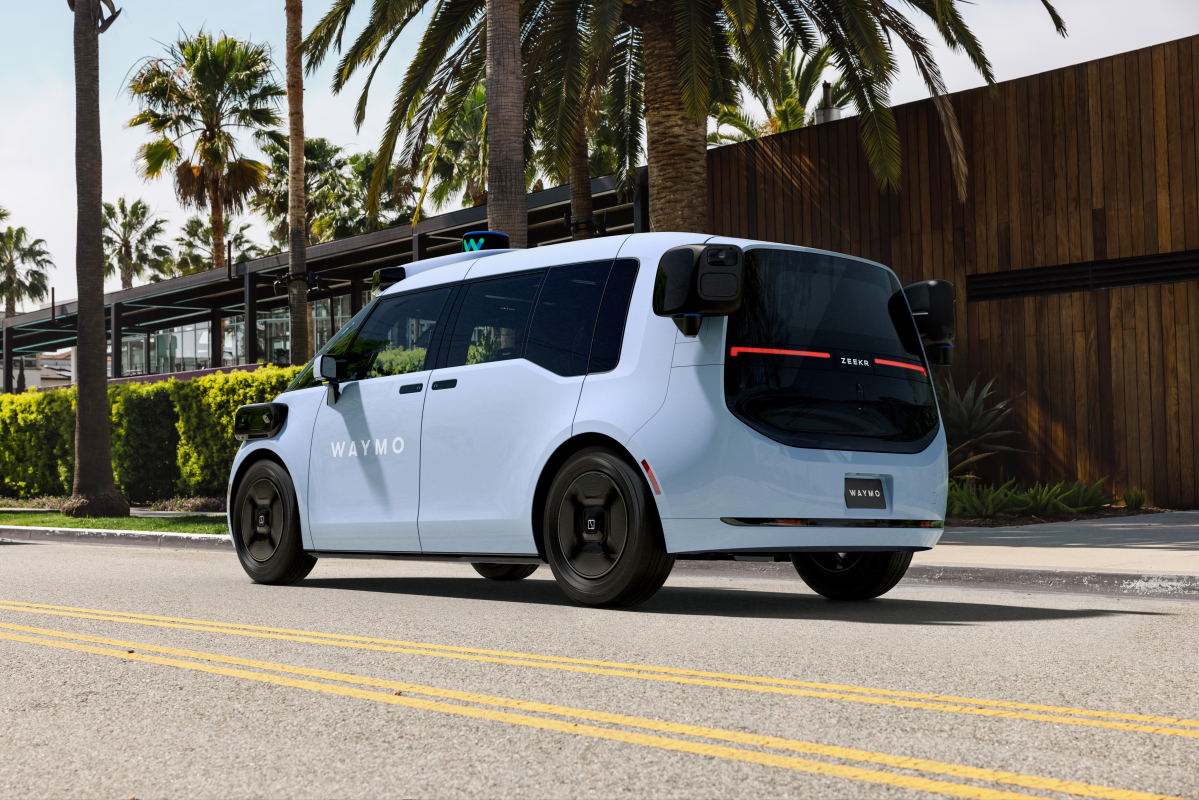
While automakers largely support the goal of securing national supply chains, they argue the timeline is too aggressive. Industry representatives have called for delays, citing the complexity of sourcing alternative suppliers for critical components.
The rule does include exemptions for vehicles weighing over 10,000 pounds, allowing Chinese companies to continue producing electric buses for markets like California. However, this exception does little to ease the burden on passenger vehicle manufacturers.
Related: Don’t like your car dealer? Be careful what you wish for
Escalating trade tensions
This decision comes amid heightened U.S.-China trade tensions. In 2024, the Biden administration increased tariffs on Chinese EVs from 25% to 100%, following a dramatic rise in exports. These new rules extend the restrictions to include software and hardware used in vehicle connectivity and autonomy. BYD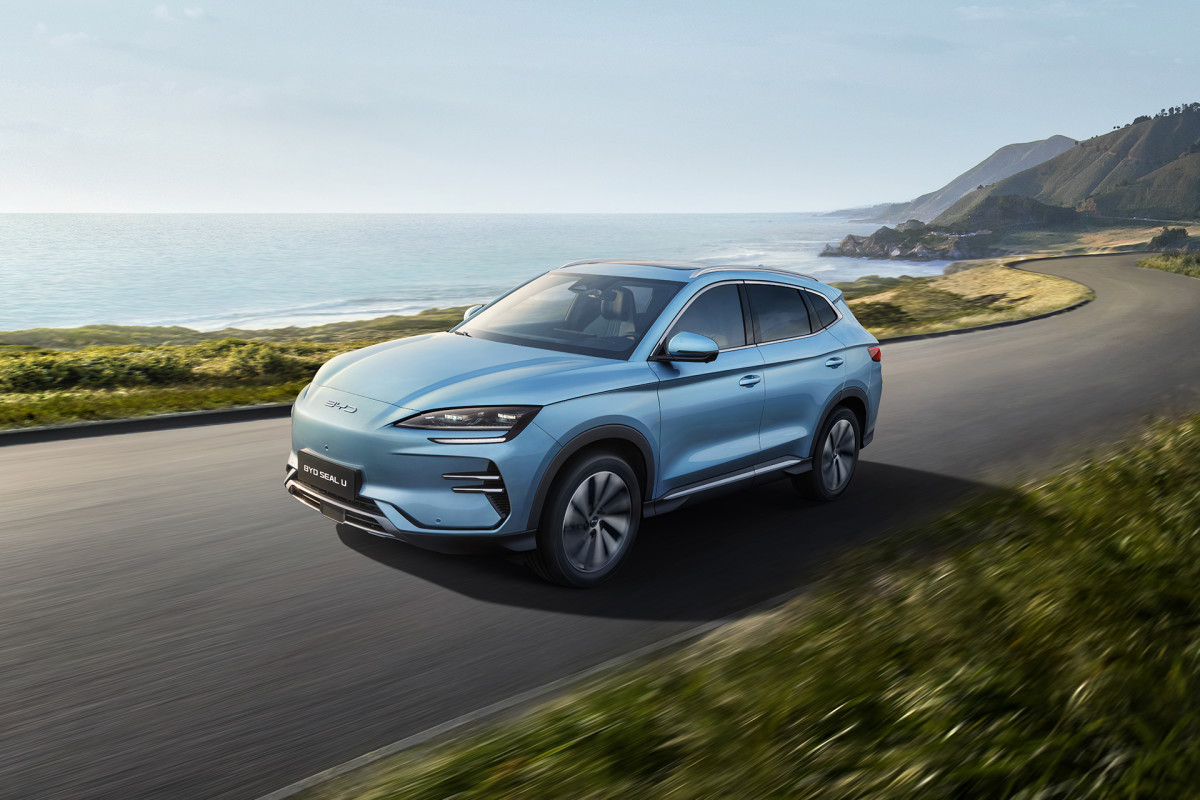
China’s automotive sector, the largest in the world, has rapidly expanded its global footprint. The White House argued that allowing these vehicles on American roads could grant adversaries “unfettered access” to sensitive systems and user data.
A notable exception exists: Chinese software made before the new rules take effect will remain permitted, provided it is no longer maintained by a Chinese firm. This mirrors the situation with the pending TikTok ban, which is set to take effect on January 19 unless the company is sold to an American entity.
It’s not over yet
While the Biden administration has finalized the rules, the incoming Trump administration will ultimately decide how to enforce them. President-Elect Trump has indicated he might push for incentives to encourage foreign automakers to build plants and hire workers in the U.S., potentially offering a path forward for companies like Polestar.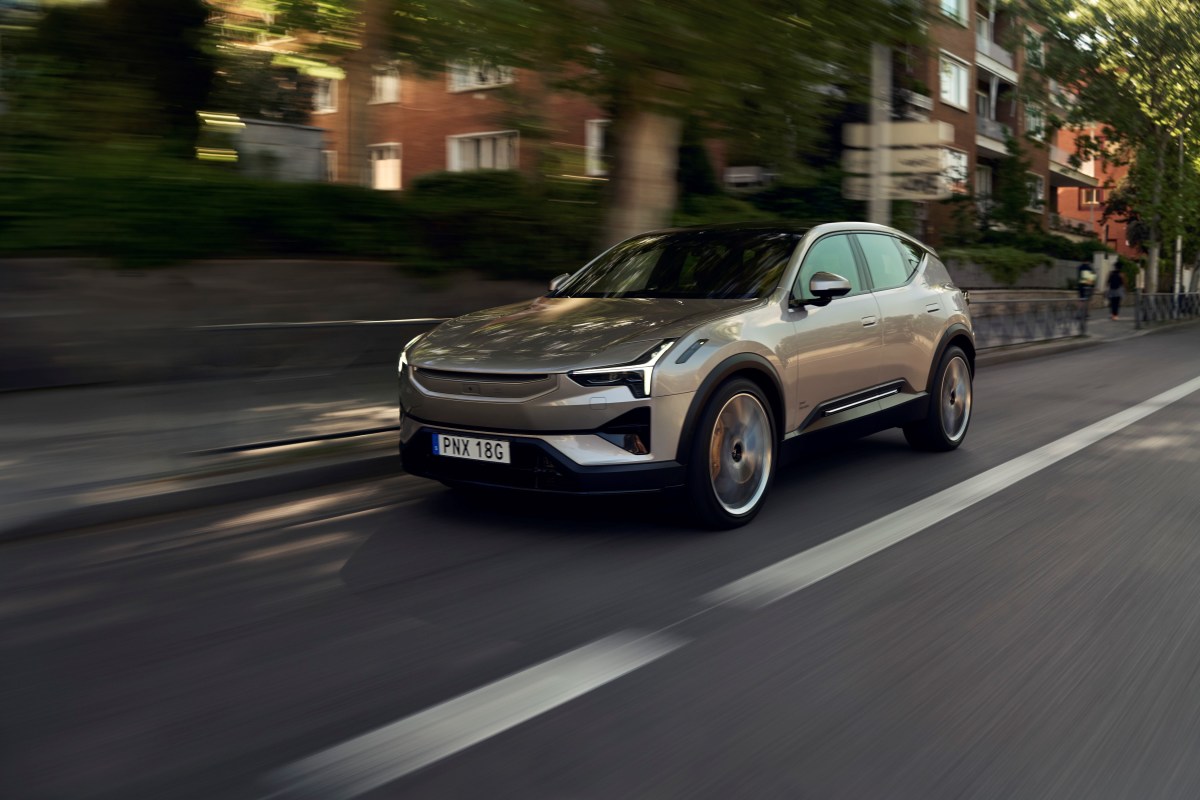
As automakers scramble to adapt to the new regulations, consumers may face reduced vehicle options, especially among EVs. The policy underscores the complex balance between national security and economic interests in the automotive market.
Final thoughts
The ban on Chinese cars marks a significant escalation in U.S. trade and automotive policy. While it aims to protect critical supply chains and national security, its ripple effects could reshape the industry for years to come. Whether this approach strengthens the U.S. market or stifles innovation remains to be seen.
